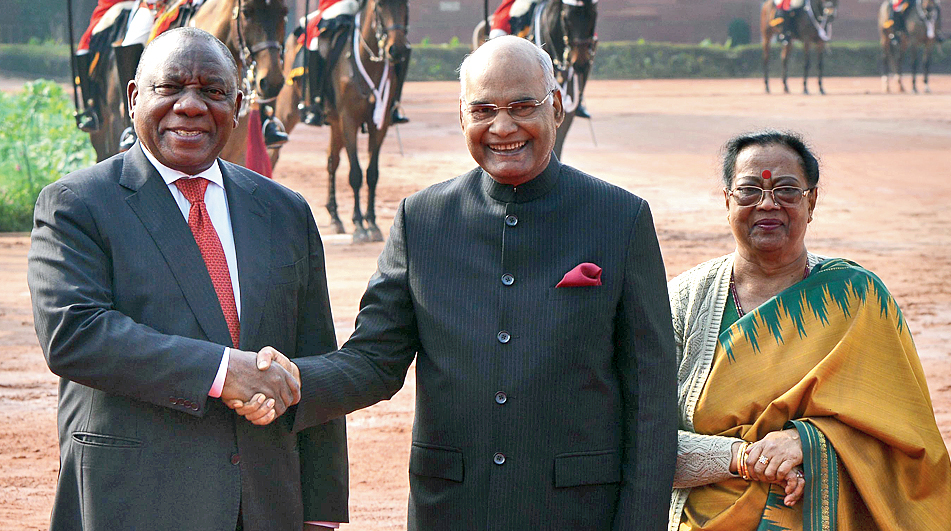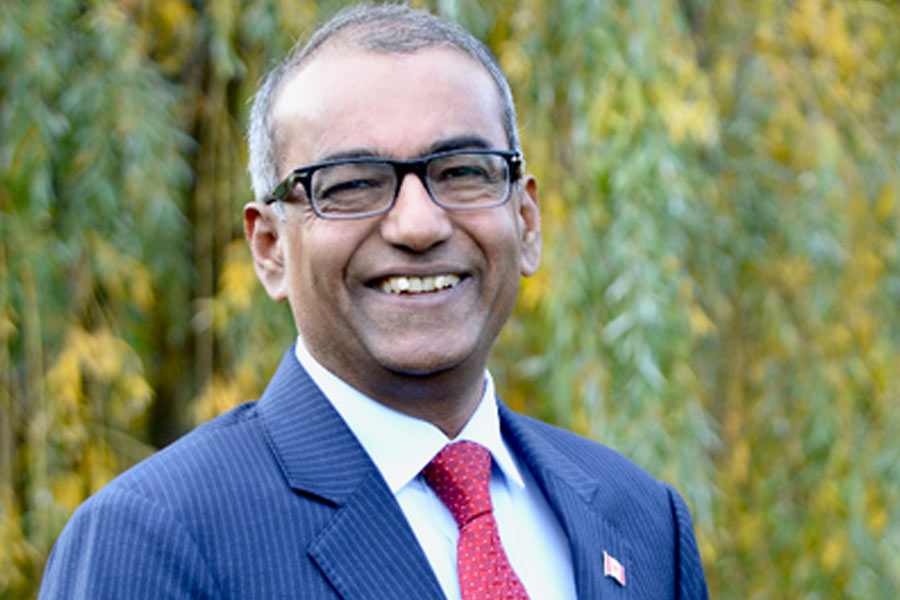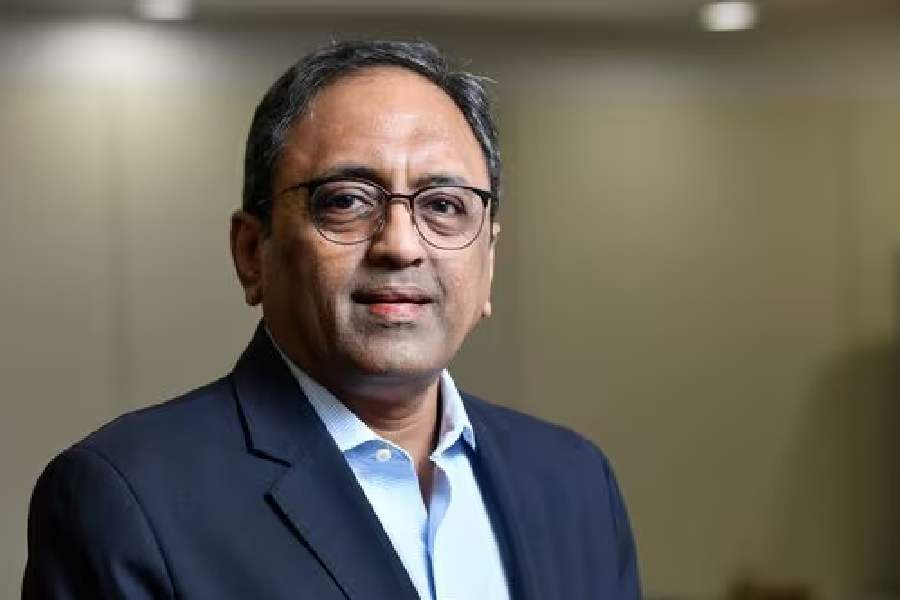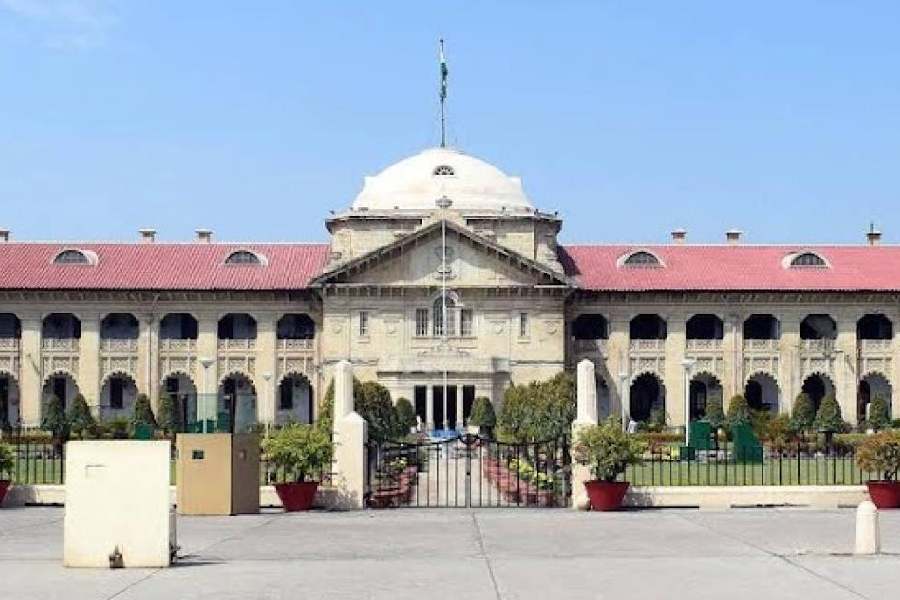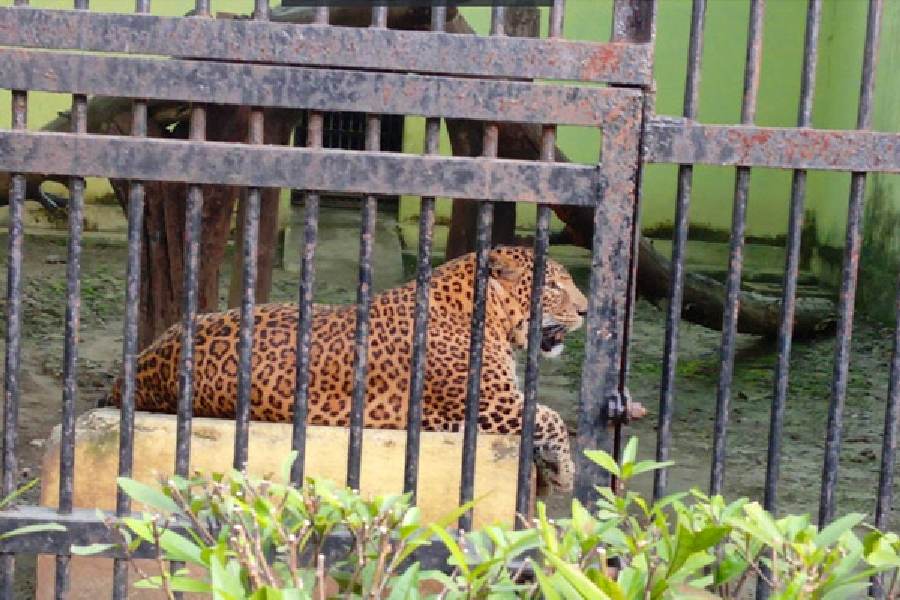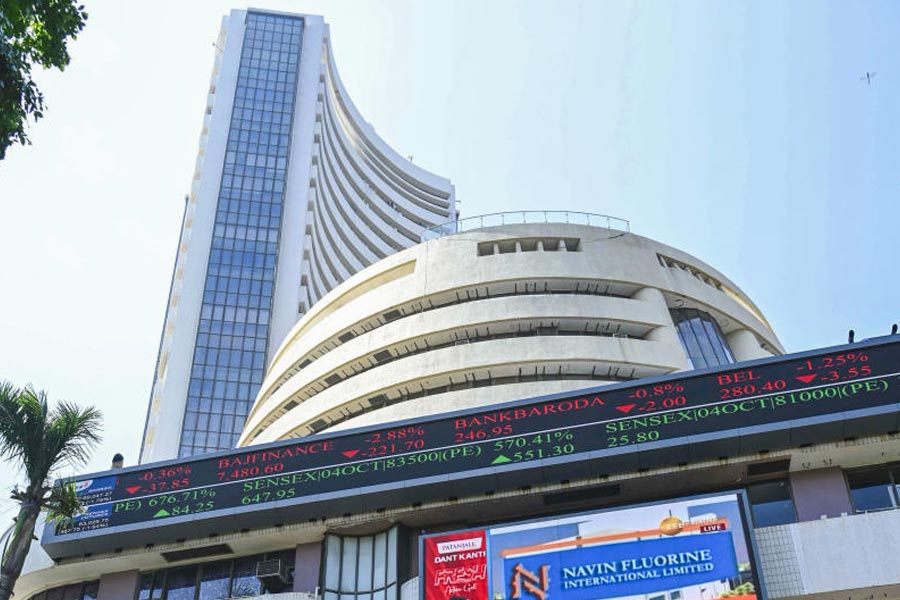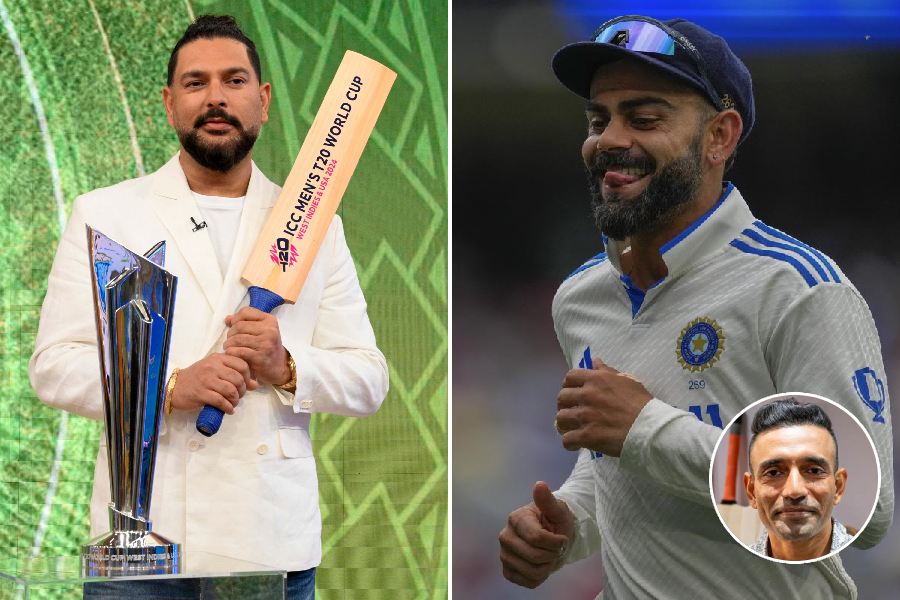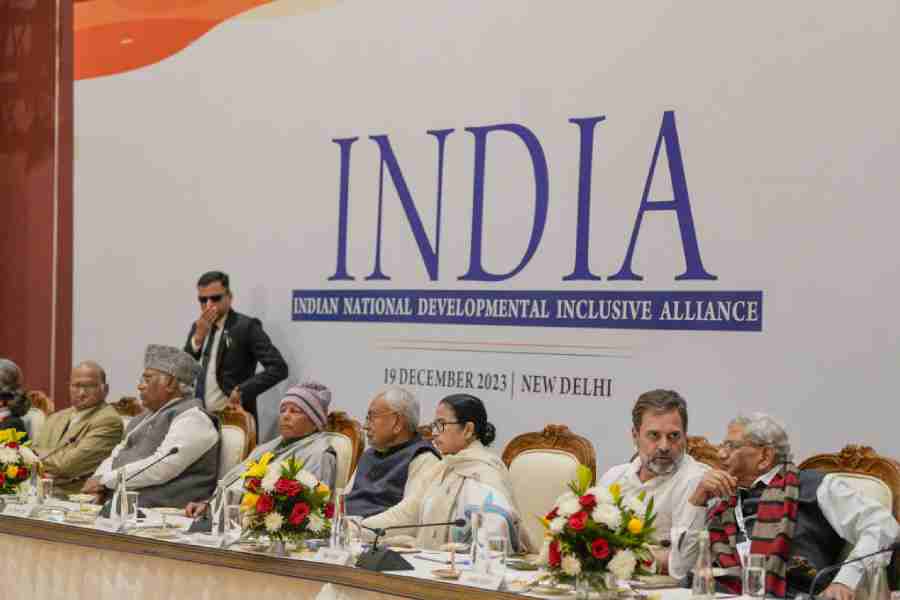President Ram Nath Kovind on Friday spoke of rapid development and wide “appreciation” from people who had witnessed past crises, and exhorted Indians to vote wisely in the coming general election that he described as a “once-in-a-century moment”.
Addressing the nation on the eve of Republic Day, the President chose to highlight the positives instead of reflecting on the full spectrum of national life, ignoring the major challenges and contemporary concerns dominating public discourse.
In the past, Presidents have tended to dwell on the national mood and appeared more detached from the government’s achievements.
Republic Day speeches are prepared exclusively by the President’s secretariat but are sent to the government for vetting. Governments rarely seek changes to the content or tenor, and sources said that former President Pranab Mukherjee never accepted even a mild alteration.
In 2014, the previous election year, the then Manmohan Singh government apparently wanted a few references, particularly to rural distress and corruption, diluted but Mukherjee didn’t oblige.
In contrast, it’s the government that prepares the President’s address to the joint Houses of Parliament on the first day of the session in the new year. Kovind will get an opportunity to read out that speech in a few days when the budget session begins on January 31.
That speech always elaborates on the government’s achievements and vision, and Friday’s address seemed to reflect a similar approach.
“This year, the people of India have another responsibility: of voting in the general election and electing the 17th Lok Sabha,” the President said.
“Our country is at a key juncture. In some respects this is as critical and formative a period as the late 1940s and early 1950s. Decisions and actions of today will shape the India of the remainder of the 21st century. As such, this is not just a once-in-a-generation moment — it is a once-in-a-century moment.”
Kovind went on to describe the Narendra Modi government’s initiatives.
“India is at the doorstep of eliminating extreme poverty for the first time in memory. A programme of universal and equitable health care has begun to be rolled out. Affordable medicines and medical devices and implants are becoming a reality for more and more sections of our people. A greater number of Indians than ever previously have access to proper housing, with modern sanitation (toilets) and electricity,” he said.
“Connectivity — in the form of ports and inland waterways, upgraded railways and new Metro services, national highways and rural roads, cost-effective air services to the interiors of India and, of course, the surge in mobile phones and data access — is bringing us together as never before. India has been united and integrated; now it is being networked. Leapfrogging technologies and leapfrogging enlightenment are empowering our farmers and equipping our soldiers.”
Kovind added: “In my travels across the country and my engagements with all sections of our society, I have sensed appreciation for such efforts and such hard-won advance. This is more so in the perception of senior generations that have lived through and strived to overcome the shortage economy. In area after area, commodity after commodity, we have converted difficulty into availability. And yet, whether in food grains or LPG cylinders, telephone connections or even the ability to get a passport, change is apparent and change is visible.”
The President spoke of inclusive policies, social justice, financial morality and an increase in the respect India enjoys from the global community. He seemed to be suggesting that those behind these achievements ought to be rewarded.
“Our society has shown great regard for those, whether individuals or institutions, who devote themselves to people’s welfare and go beyond the call of duty. The concept of seva, of devotion to public service and to the broadening of the ambit of justice, must get its due,” he said.
“Well-intentioned contributions of individuals, of groups of people, of institutions, whether public or private, of society at large, or for that matter of the government, must be acknowledged and appreciated.”
In contrast, Mukherjee had in 2014 referred to the noisy protests by civil society and the Opposition against the government of the day.
“For us, democracy is not a gift but the fundamental right of every citizen; for those in power democracy is a sacred trust,” he had said.
“Those who violate this trust commit sacrilege against the nation…. If we hear sometimes an anthem of despair from the street, it is because people feel that a sacred trust is being violated.”
Aware that the Congress-led government was grappling with corruption charges, Mukherjee had said: “Corruption is a cancer that erodes democracy and weakens the foundations of our state. If Indians are enraged, it is because they are witnessing corruption and waste of national resources. If governments do not remove these flaws, voters will remove governments.”
Referring to the anger on the streets, he had said: “This rage will abate only when governments deliver what they were elected to deliver: social and economic progress, not at a snail’s pace but with the speed of a racehorse.”
He had warned: “The aspirational young Indian will not forgive a betrayal of her future. Those in office must eliminate the trust deficit between them and the people. Those in politics should understand that every election comes with a warning sign: perform, or perish.”
In an appeal that appeared open to interpretation, Mukherjee had said: “It is the physician that heals itself, and 2014 must become a year of healing after the fractured and contentious politics of the last few years.”

